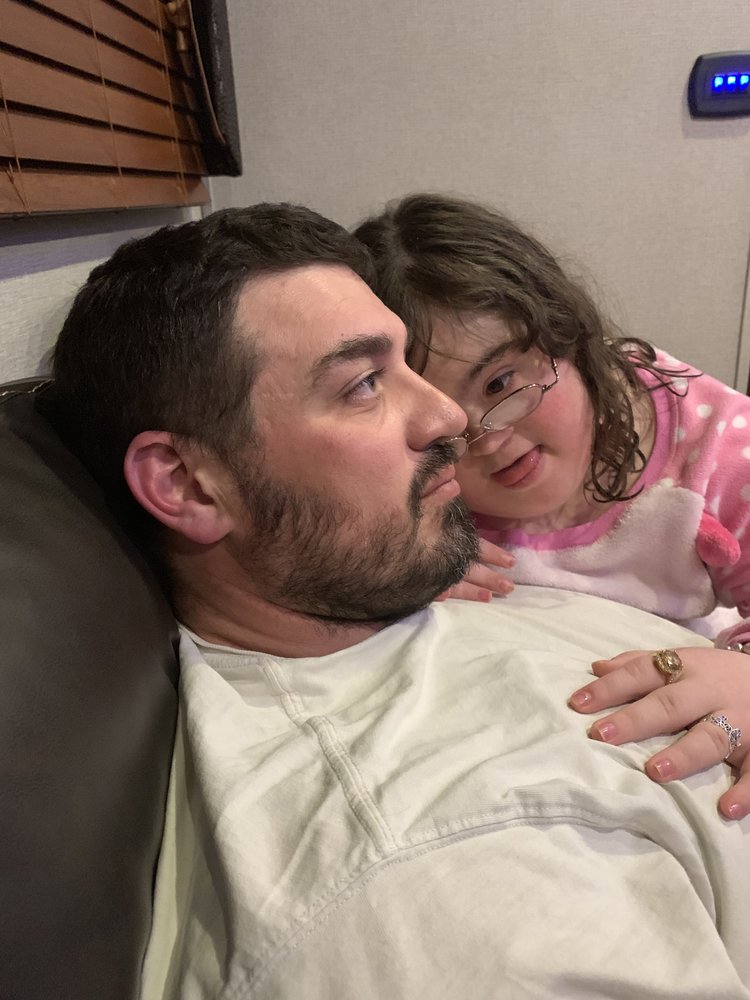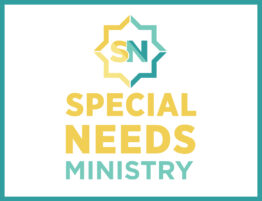
I vividly recall the moment the doctor said my newborn had a genetic disorder. My husband literally rushed to my hospital bed, wrapped his strong arms around me, and told me everything would be fine. We didn’t know what we were getting into at that moment, but he was there holding me.
He held my hand months later as our baby with Down syndrome underwent open heart surgery. We sat together for hours waiting to hear the fate our of baby and our lives. He appeared to be handling things much better than I was—that is until the chest tube was removed. Then he showed me that some parts of this wasn’t easy for him either.
As our baby’s health improved, I delved into therapy to treat her delays. My husband was usually at work, but I tried to fill him in on what he missed. He held the reports and notes from the therapists and did his best to make sense of terms and recommendations. Some of them, he read thoroughly. Others, he skimmed through. He had a different attitude about the reports than I did. I looked at the reports to tell me about my daughter. My husband already knew our child; he didn’t need a therapist to tell him the important stuff.
As we navigated medical challenges together, my husband retrieved whatever life necessitated at the moment. He was quick to hand me medicines, nebulizer masks, oxygen tubing, syringes, diapers, or a phone to call for help. He gently but swiftly carried our daughter to our vehicle to seek medical treatment on more than one occasion. My husband held her iPad in an effort to distract her from an IV placement. After the chaos, he would pull me aside and ask if I was okay. He already knew the answer.

